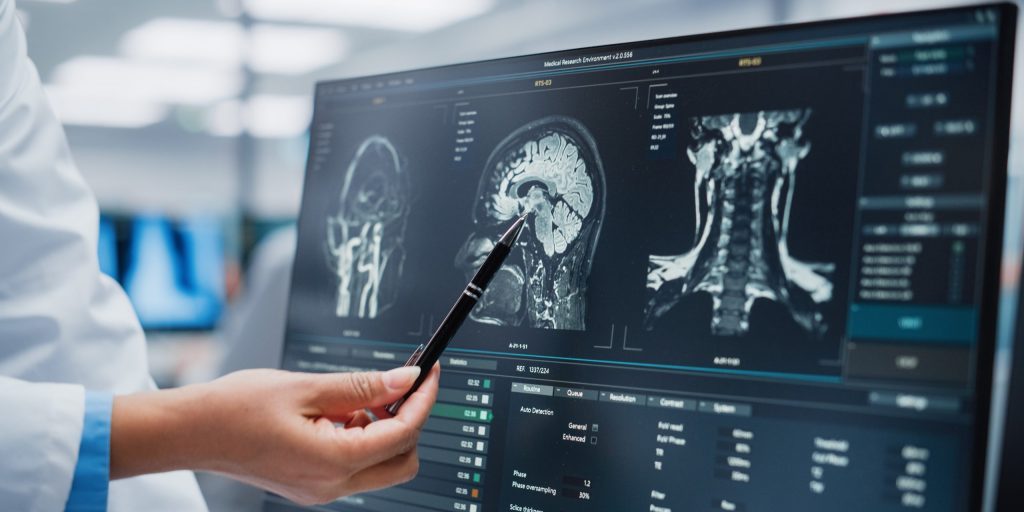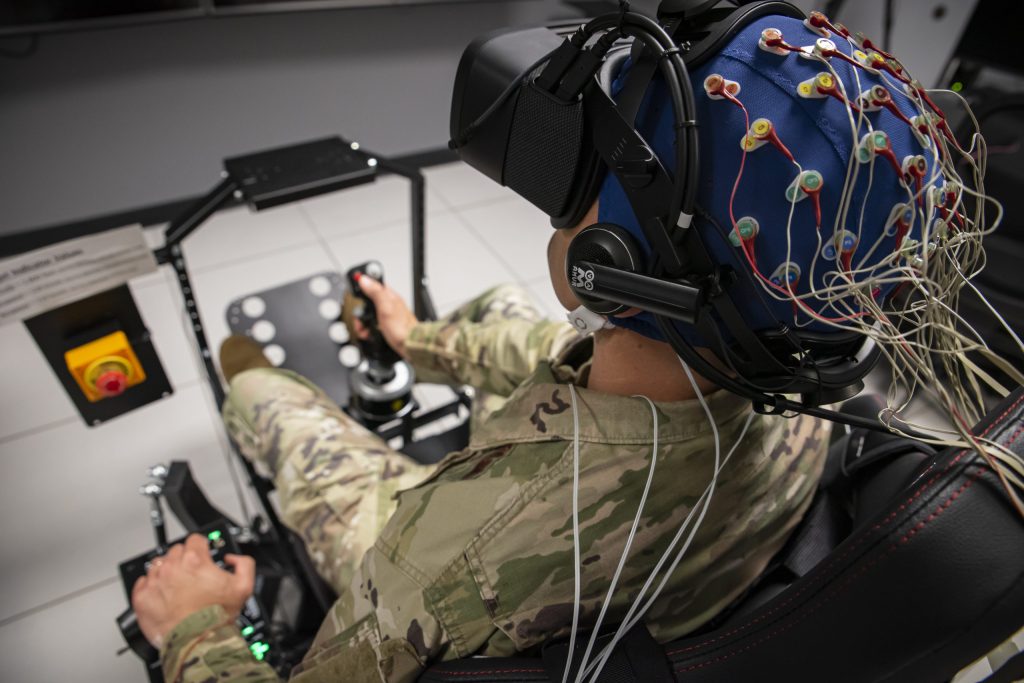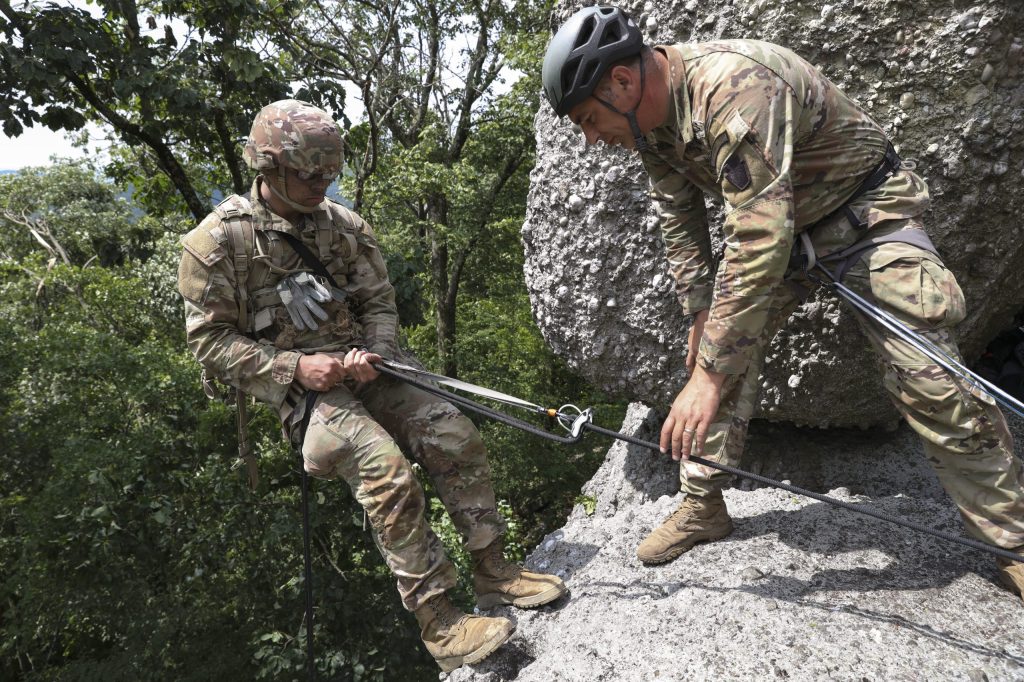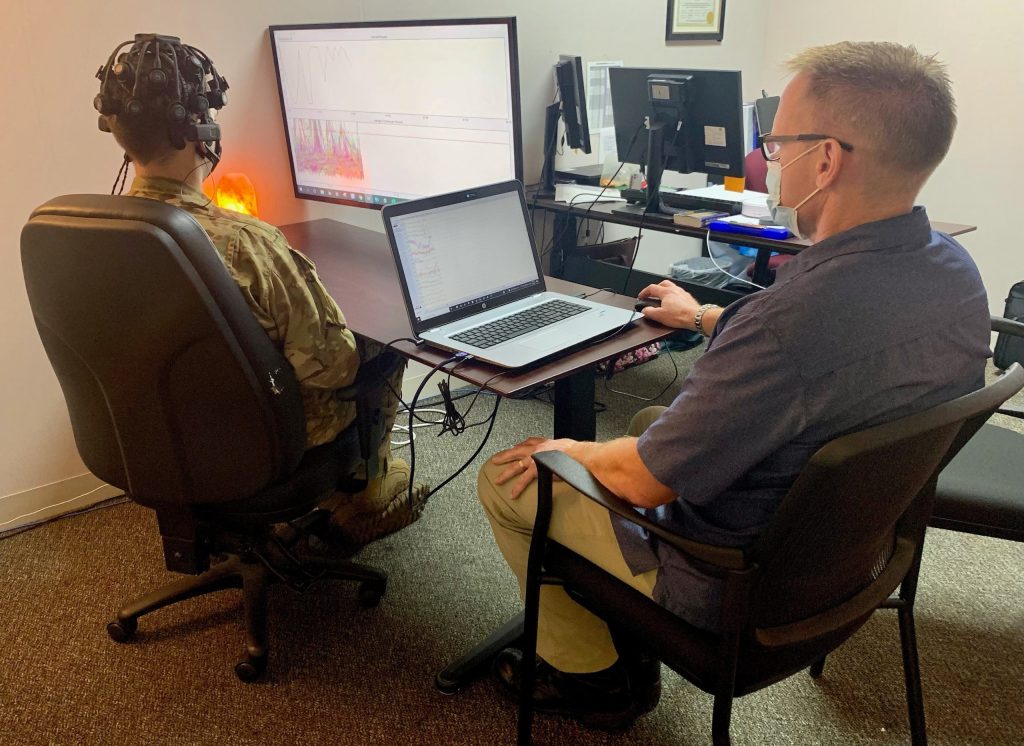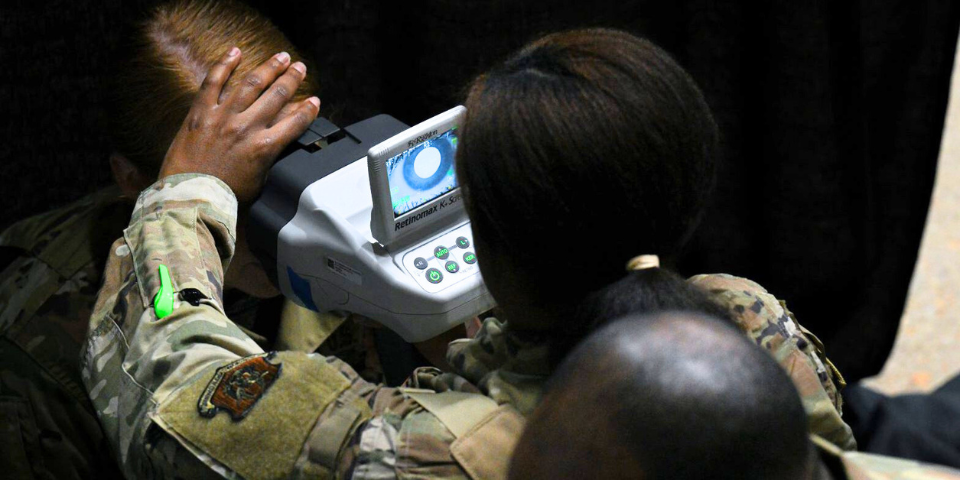Join HDIAC for our Brain Health Webinar Miniseries. Even though everyone has a brain, there is still so much to learn about them. This four-part miniseries will explore some of the incredibly vast research being done in the areas of brain and mental health like traumatic brain injuries, brain baselining, and the mental health of Servicemembers who have not deployed. Each webinar will be presented by subject matter experts in the field who have performed the studies.
Tip of the Spear: The Next Generation of Brain Health Baselining
Brain Health Mini-Series: Part 1 SABRES (Special Operations Assessment Baselining Readiness Evaluation System) utilizes objective measures of cognitive performance, objective measures of brain physiology, and subjective assessments of cognition, recovery, and well-being. Its intent is to collect and analyze comprehensive, actionable data on the brain function and performance of Special Operations Forces service members. Analyses…
Never Deployed but Still at Risk: Substance Use and Mental Health Problems Among Reserve/Guard Soldiers
Brain Health Mini-Series: Part 2 Reservists constitute approximately one-third of the U.S. Armed Forces; however, military health research disproportionately focuses on active service members and veterans. Operation: SAFETY (Soldiers and Families Excelling Through the Years) is an ongoing study funded by the National Institute on Drug Abuse that examines the health and well-being of U.S….
Rewiring the Brain for Optimized Performance
Brain Health Mini-Series: Part 3 Neurofeedback (NFB) is a specialized application of biofeedback employed to modify brainwave activity and event-related potentials. It uses operant conditioning with visual or auditory stimuli as reinforcing feedback to teach self-regulation of neural activity. The end goal is to correct neural dysregulation and optimize brain balance. NFB training encourages flexibility…
Emerging Capabilities for Evaluating Cognitive and Oculomotor Function in Service Members With Traumatic Brain Injury
High rates of traumatic brain injury (TBI) are sustained by U.S. military personnel in combat and garrison environments. Changes in brain function related to TBI can negatively impact military readiness and quality of life. Clinical assessment of neurocognitive and oculomotor function (i.e., eye movements) can provide valuable insights regarding potential effects of injury, predict military/operational…


